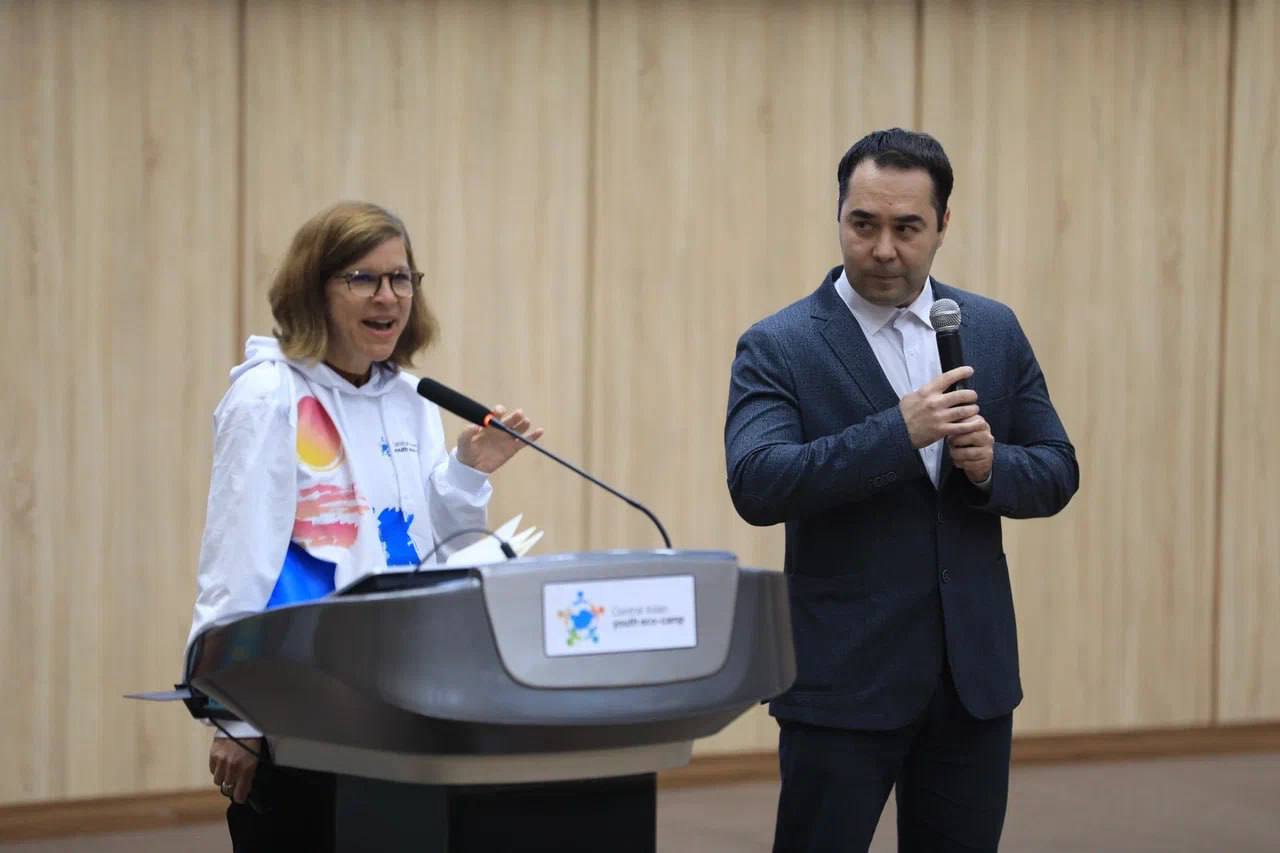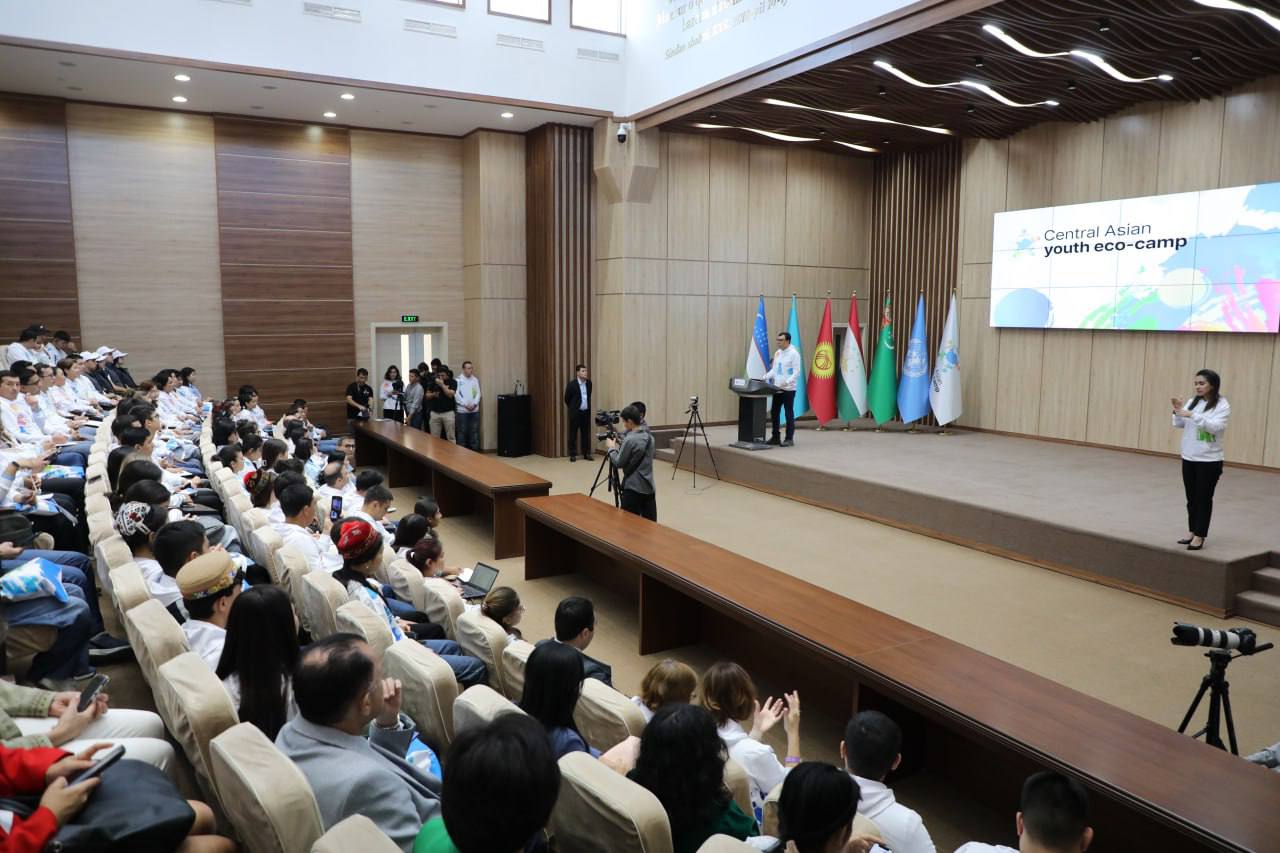In Central Asian countries, children face significant risks due to the adverse impacts of climate and the environment. Maria Osbeck, a UNICEF expert, highlighted this issue during her lecture at an eco-resort in Samarkand.

An index has been developed to assess the extent and nature of climate change effects on children and youth in different regions. As per this index, children residing in Central Asian nations face a "medium-high risk" concerning the consequences of climate change. This index represents the inaugural comprehensive analysis of climate-related risks for children, evaluating countries based on their susceptibility to climate and environmental events like cyclones and heatwaves, as well as the accessibility of fundamental social services for children.
Children in the Central Asian region are particularly vulnerable to extreme heatwaves and water shortages. The Central Asian eco-camp, organized with the support of several governmental bodies and international organizations, including the Ministry of Ecology, Environmental Protection and Climate Change, the Ministry of Preschool and School Education, the Ministry of Youth Policy and Sports, the "Zamin" International Public Fund, UNICEF, UNESCO, UNDP, and FAO, aims to address these concerns.

The primary objective of the eco-camp is to acknowledge the role of young people in combating climate change, establish a platform for engaging young eco-activists, promote eco-initiatives, and integrate the youth environmental movement in Central Asia.
Follow Daryo's official Instagram and Twitter pages to keep current on world news.
Comments (0)